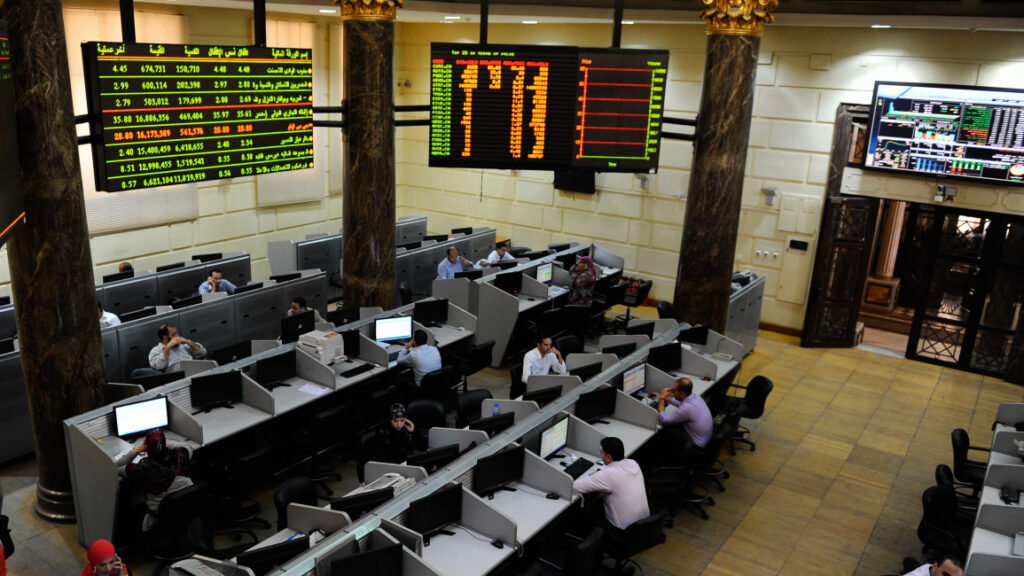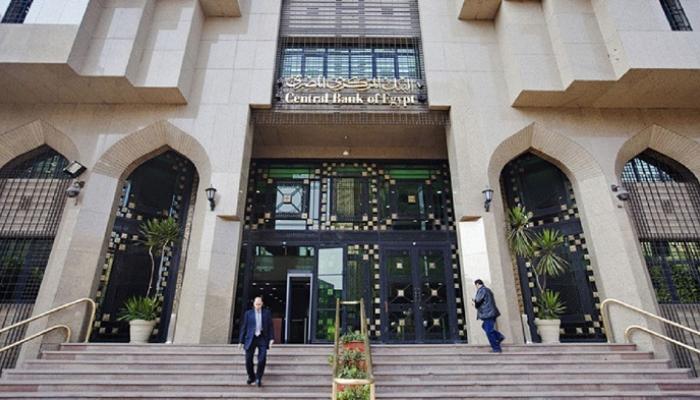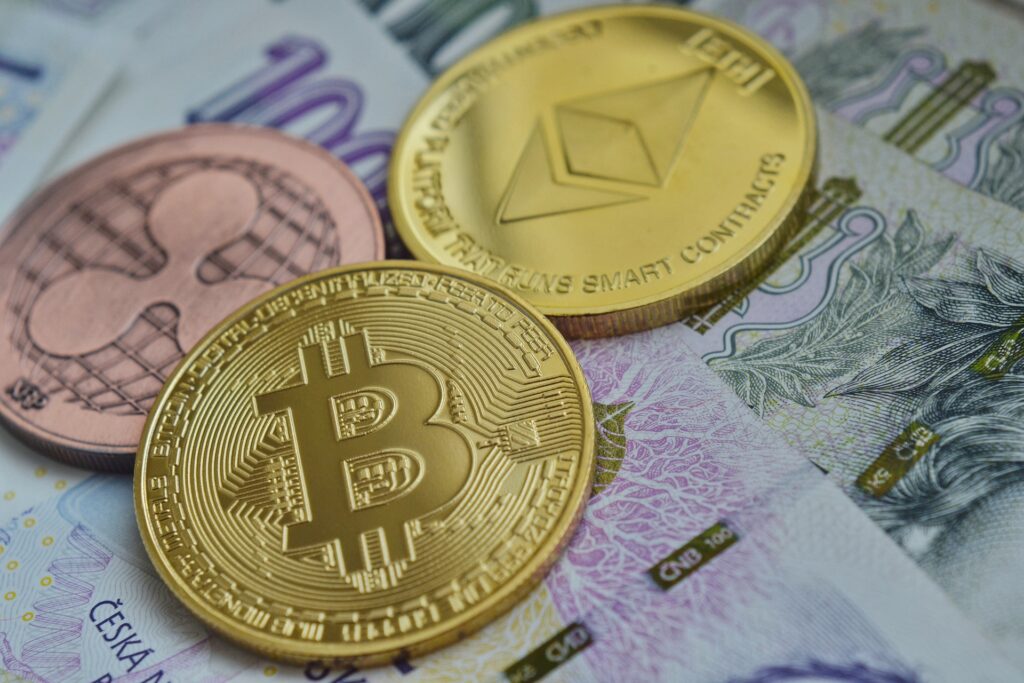The International Monetary Fund (IMF) will conduct its first review of Egypt’s Extended Fund Facility (EFF) loan program on Wednesday, March 15, 2023. If the Fund’s executive board approves the review’s results, Egypt would receive the second tranche of the $3 billion loan set under the program.
This tranche brings the total amount Egypt would receive to $750 million, the amount the IMF set for Egypt to receive in the current FY2022/2023 that ends by June-end.
Business Monthly sheds light on the most crucial actions Egypt has taken since the IMF approved the EFF loan program in December 2022, and the actions that will be assessed within the awaited review.

Privatization program
Under the EFF, Egypt has a commitment to reducing the government’s footprint in local economic activities for the sake of the private sector, as provided in the State Ownership Policy, which charts a roadmap for a wider partnership with local and foreign investors.
That said, Egypt announced in February a list of 32 state-owned companies operating in 18 economic activities to be floated on the Egyptian Stock Exchange (EGX). Minor stakes in these companies will be offered as investment opportunities to strategic investors.
Out of these companies, Egypt will roll out the process of offering stakes in the state-owned National Petroleum Company (NPC) and National Company for Natural Water in Siwa (Safi) on Wednesday, on the same the IMF is scheduled to conduct its review on Egypt’s loan program.
The process will start through the IPO advisor assigned to connect with investors and prepare all data about the two companies.
Moreover, Egypt intends to offer other four companies as venture opportunities to be tapped by investment banks.
Egypt has also greenlit its State Ownership Policy that charts the map for creating more partnerships between the public and private sectors, providing the government full exit from 15 economic activities over the coming three years: including ICT, water and sanitation, and textile sectors.
In March, Egypt minimized the financial requirements for foreigners looking to secure Egyptian citizenship through purchasing state-owned property, rolling out investment projects, or depositing US dollar amounts in the public treasury.
Monetary policy measures
Under the IMF-backed program, Egypt has pledged to adopt a flexible exchange rate regime.
The Central Bank of Egypt (CBE) has devaluated the Egyptian pound by about 20% since December, further depreciating the Egyptian pound against the US dollar. Since March, the Egyptian pound lost over 50% of its value against the greenback.
The US dollar is traded currently at over EGP 30, with expectations that CBE could introduce a further devaluation before the monetary policy committee (MPC) meeting scheduled on 30 March.
The US dollar is trading in the parallel market between EGP 34 and EGP 35 amid harsh shortages of foreign currency in the local market. To navigate this shortage, Egypt halted all projects that require the US dollar to finance its establishment operations and applied a belt-tightening policy in all governmental bodies.
The CBE has also adopted a severe tightening policy, through which it raised key interest rates by 3% in December, bringing the total hikes since March to 8%, or 800 basis points (bps).
In February, the CBE maintained the interest rates at December levels to leave room for the local market to assimilate the unprecedented hikes applied over 2022.
The CBE said it aims to tame soaring inflation through these interest rate hikes. Yet, Egypt’s headline inflation jumped to 31.2% in February, up from 10% seen in the corresponding month of 2022. Also, according to CBE calculations, Egypt’s core inflation accelerates to over 40%. Both readings are the highest experienced since August 2017.

Financial policies
Egypt’s President Abdel Fattah El-Sisi has directed the government to raise minimum wages for state employees, through which the Finance Ministry has allocated some EGP 150 billion to implement. The new increases, which include pensions, are scheduled to be rolled out by 1 April. The increases also include raising benefits for the social protection program Takaful and Karama by 25%. The directives also include raising income taxes exemption limits to EGP 30,000, up from EGP 24,000.
Under the IMF’s EFF for the country, Egypt is projected to experience a financing gap over the program’s five years estimated at $17 billion, which will be bridged mainly by the anticipated state-owned assets and securing loans from international financial institutions.
Meanwhile, Egypt hiked the prices of fuels in March by between 7-10% to meet its commitment to entirely refrain from fuel subsidies under the IMF program.







